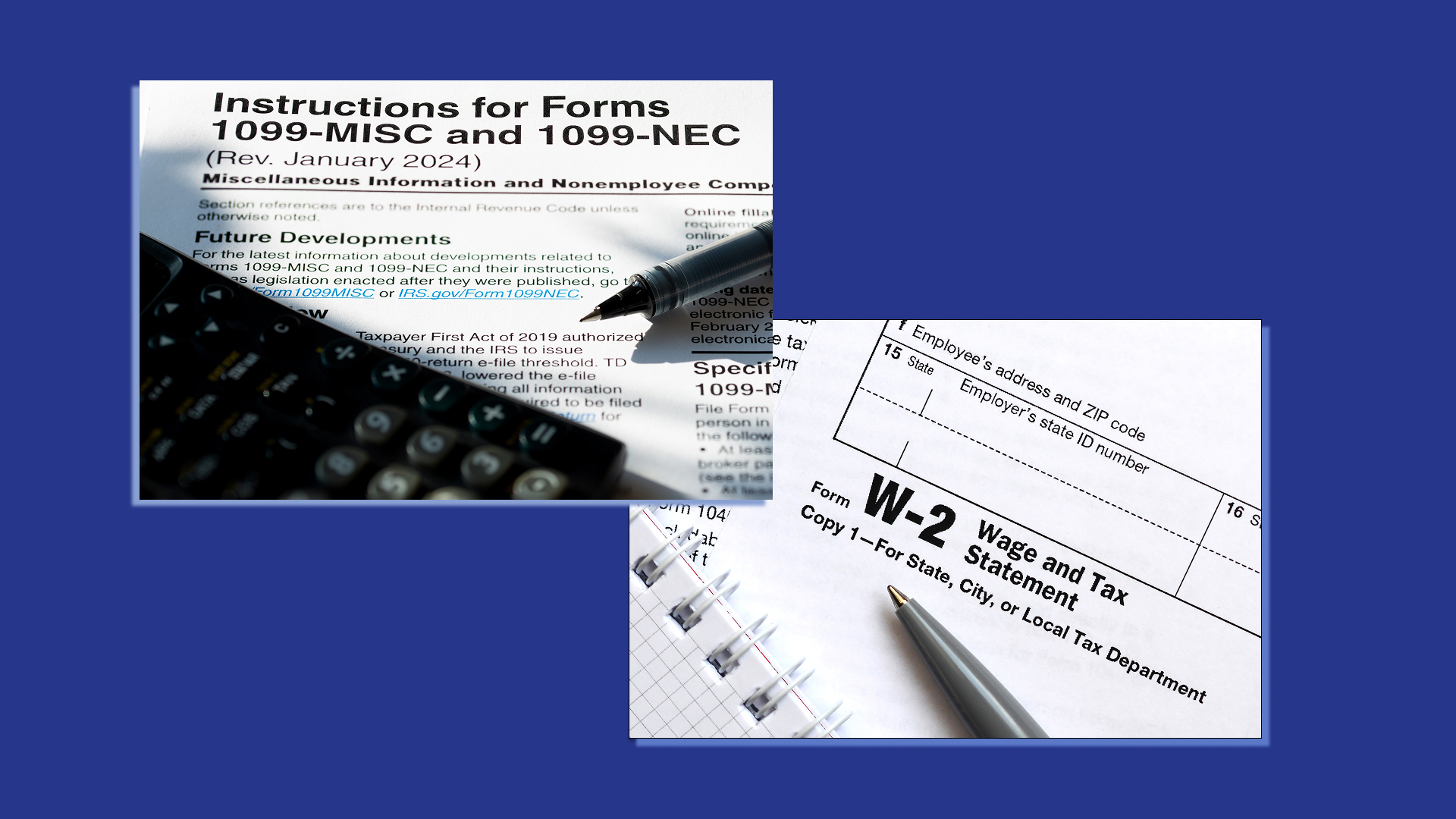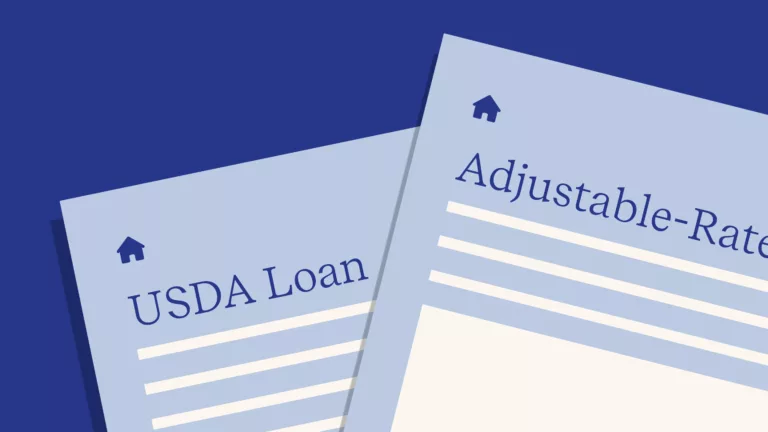The mortgage world loves a good debate — fixed vs. adjustable, refi vs. HELOC — but here’s one that gets even more personal: W2 vs 1099 mortgage broker compensation.
If you’re a loan officer today, there’s a good chance you’ve heard about the 1099 model. Maybe a friend made the switch. Maybe your state just started allowing it. Or maybe you’re wondering what it actually means (beyond the tax form).
A Quick History: Why the W2 vs 1099 Mortgage Broker Debate Exists
For years, loan officers were commonly paid as independent contractors. It wasn’t unusual for them to operate like small business owners — setting their own hours, managing marketing costs, and running lean teams.
But after the 2008 financial crisis, regulators stepped in. The SAFE Act and other compliance reforms brought stricter licensing and supervision requirements. Many states and lenders moved to W-2 classification to ensure better oversight and consumer protection.
Since then, the industry has been split. Some states still mandate W-2 employment for loan officers. Others have relaxed the rules, allowing a return to 1099 status — especially as digital platforms make it easier to manage compliance, reporting, and commissions.
Today, the 1099 model is making a comeback. But it’s still a patchwork system: whether you qualify depends on your licensing state and how your sponsoring company is structured.
What’s the Deal with 1099 Mortgage Brokers?
Being a 1099 mortgage broker technically means you’re self-employed. You’re responsible for managing your taxes, and you have a bit more flexibility around deductions and business expenses. You might also have more control over your fees and commission split, depending on the platform you partner with.
Pros of the 1099 model:
- Greater control over how you manage your income
- Flexibility in branding, marketing, and business strategy
- Potential tax deductions for business expenses (home office, advertising, licensing fees, etc.)
Appeals to entrepreneurial, commission mortgage brokers who would eventually want to build their own profitable mortgage brokerage.
How the W-2 Model Works for Loan Officers
W-2 classification means you’re officially an employee — but that doesn’t always mean a salary, health insurance, or a desk in an office. In fact, many W-2 mortgage brokers are still commission-based, work remotely, or independently.
Pros of the W-2 model:
- Payroll taxes are handled by your employer
- Easier tax filing — no quarterly estimates or self-employment taxes
- More structured oversight and potentially more access to in-house resources
In some states, W-2 isn’t optional — it’s required. But even so, your day-to-day may feel less “corporate” and more like running your own shop with backend support.
The Bottom Line: Which W2 vs 1099 Mortgage Broker Model Is Right for You?
If your state gives you a choice, the decision comes down to how you want to manage your business — and your taxes. Some loan officers prefer the flexibility and tax advantages of being a 1099 contractor. Others lean toward the simplicity and structure of W-2 employment.
Whether you’re a W2 vs 1099 mortgage broker, what matters most is the support behind the scenes. A great platform can offer competitive commission structures, powerful tech, and built-in compliance — no matter your classification. At Morty, it’s your choice.
Want to Learn More?
Sign-up and a member of our team will reach out to help you explore your options as a either a W2 vs 1099 mortgage broker.






